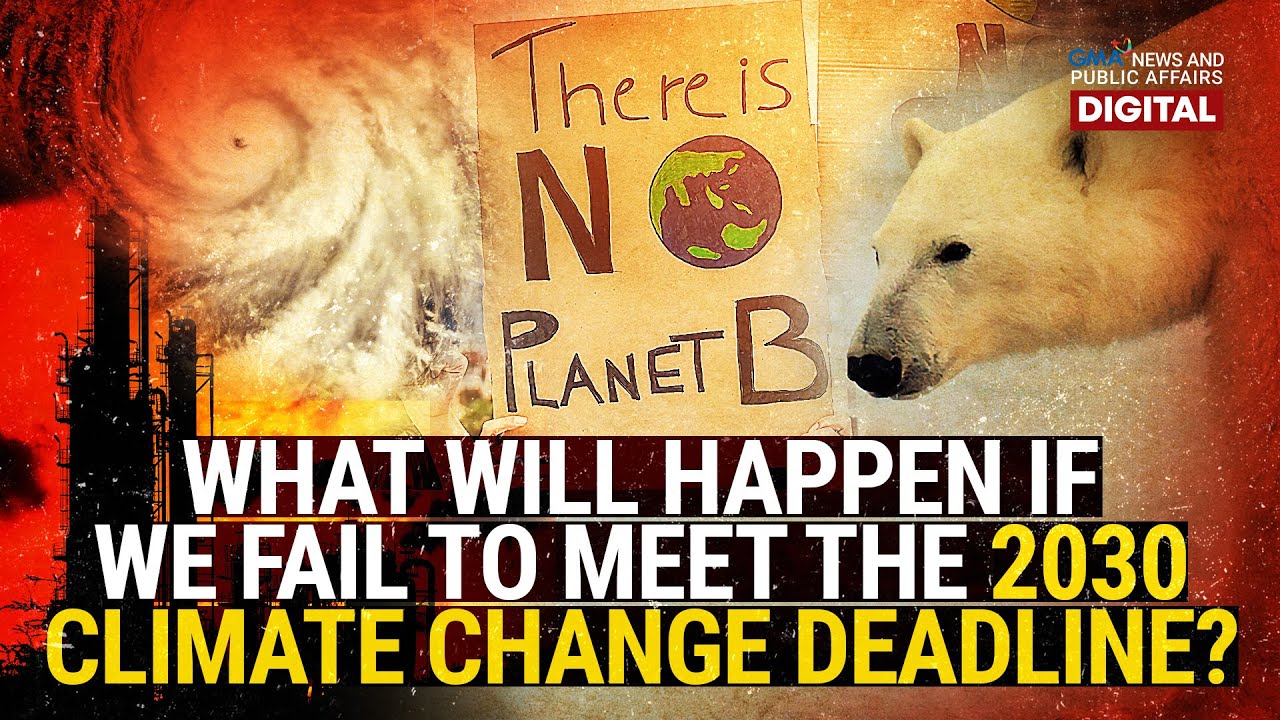Spokane Climate Project (2022)
Summary
TLDRThe video script addresses the urgent need to combat climate change, emphasizing the critical threshold of a 2-degree Celsius increase in global temperature. It outlines the drastic measures required to alter our transportation and energy production within one to two decades. The script also discusses the human-induced nature of climate change and the potential for behavioral changes to mitigate its effects. It highlights the importance of community resilience, the impact on vulnerable populations, and the role of education and policy in addressing the issue. Additionally, it touches on the effects of temperature increases on local ecosystems, agriculture, and the importance of managing natural resources wisely for future generations.
Takeaways
- 🌡️ The global scientific consensus is that a temperature rise of more than two degrees Celsius could lead to significant ecological problems, threatening the stability of human civilization.
- 🏞️ We have already experienced a one-degree Celsius increase, leaving us with a limited window of one more degree before reaching the critical threshold.
- 🚀 The current trajectory, if unchanged, suggests a likely warming of three to four degrees Celsius this century, which is beyond the safe limit.
- ⏰ There is an urgent need, within one to two decades, to transform our transportation and energy production systems to mitigate the worst impacts of climate change.
- 🌳 Climate change, predominantly caused by human actions, also offers a silver lining: it can be addressed through behavioral and systemic changes both individually and collectively.
- 🔍 The research identified five key impact areas of climate change: temperature, precipitation, snowfall, stream flow, and wildfires, with temperature being central to all.
- 🏠 Older homes with less insulation and unresolved issues are particularly at risk from the increasing temperatures and smoke from wildfires.
- 🌿 Urban heat islands, areas with less green space and resources, are more susceptible to higher temperatures, disproportionately affecting economically disadvantaged communities.
- 🌿 The Spokane P program aims to invest in communities that have been historically oppressed, planting trees to provide shade and reduce heating and cooling costs.
- 🌱 Changes in temperature and precipitation patterns are expected to affect agriculture, potentially altering which crops can be grown and when water is available for irrigation.
- 🐟 The reintroduction of salmon to the Spokane River after 111 years signifies hope for the future and the importance of ecological restoration and connection to the natural world.
Q & A
What is considered the maximum safe level of global warming according to the scientists mentioned in the script?
-The maximum safe level of global warming according to the scientists is up to two degrees Celsius.
How much warming have we already experienced, as stated in the script?
-We have already experienced one degree of warming.
What is the expected temperature increase this century if we continue on a 'business as usual' trajectory?
-If we continue on a 'business as usual' trajectory, we are likely to experience three to four degrees Celsius of warming this century.
What is the urgency in changing our behaviors and systems in relation to climate change as mentioned in the script?
-We have only a decade to two decades to significantly change how we do transportation and produce energy to mitigate the worst impacts of climate change.
How does the script suggest that climate change is predominantly caused?
-Climate change is predominantly caused by human action.
What are the five impact areas researched by the team in the script?
-The five impact areas researched are temperature, precipitation, snowfall, stream flow, and wildfires.
What changes in precipitation patterns are expected with increasing temperatures as mentioned in the script?
-With increasing temperatures, summers are expected to be drier with more rainfall in the winter and possibly in the spring and fall.
What is the term used to describe urban areas with less resources and green space that are warmer than other parts of the city?
-The term used is 'urban heat islands'.
What is the program called that the Lance Council is starting in partnership with the city to invest in communities?
-The program is called Spokane P.
How does the script suggest that climate change impacts are interconnected with everyday life?
-The script suggests that climate change impacts are interconnected with everyday life through the management of natural resources, the health of ecosystems, and the well-being of communities.
What is the significance of reintroducing salmon to the Spokane river as mentioned in the script?
-Reintroducing salmon to the Spokane river is significant as it represents a part of the tribe's identity and a step towards healing and restoring the ecosystem.
Outlines

このセクションは有料ユーザー限定です。 アクセスするには、アップグレードをお願いします。
今すぐアップグレードMindmap

このセクションは有料ユーザー限定です。 アクセスするには、アップグレードをお願いします。
今すぐアップグレードKeywords

このセクションは有料ユーザー限定です。 アクセスするには、アップグレードをお願いします。
今すぐアップグレードHighlights

このセクションは有料ユーザー限定です。 アクセスするには、アップグレードをお願いします。
今すぐアップグレードTranscripts

このセクションは有料ユーザー限定です。 アクセスするには、アップグレードをお願いします。
今すぐアップグレード関連動画をさらに表示

What will happen if we fail to meet the 2030 climate change deadline? | Need to Know

Prime Minister of Barbados Mia Mottley's full speech from COP26

Klimawandel, Paris-Abkommen und das 2-Grad-Ziel in 3 Minuten erklärt

AR6 Synthesis Report: Climate Change 2023

Islands on the Edge - Part 2

How accountants can help fight climate change ? | Eu-Lin Fang | TEDxESSECAsiaPacific
5.0 / 5 (0 votes)
